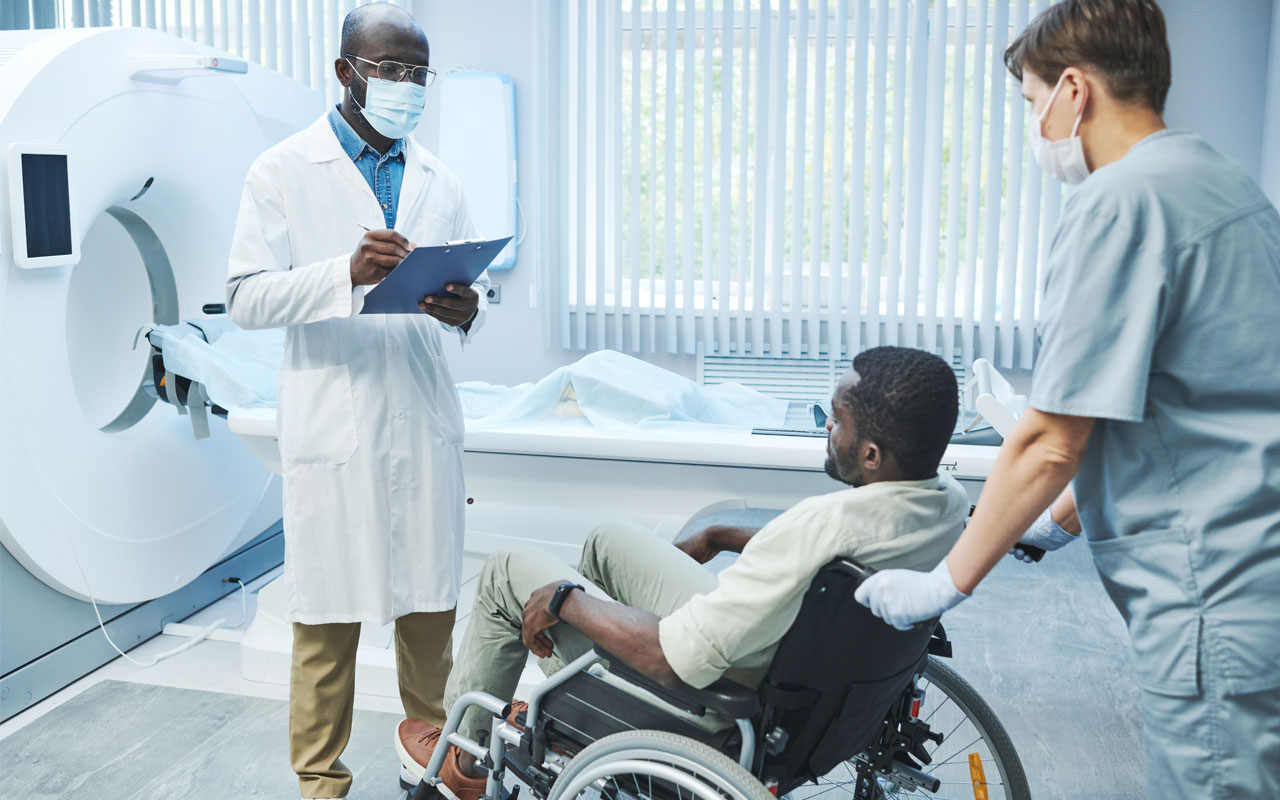Latest News
Any accident that causes your neck and spine to move suddenly and forcefully in one direction can result in whiplash. This injury is commonly seen in car accidents, particularly when one vehicle has been rear-ended by another. It can also result from falls, contact sports injuries, and other types of personal injuries. While some cases of whiplash are minor and will clear up on their own after a short time, serious or long-term damage is always possible.
At the time of the accident, you may only feel minor pain or no pain at all due to the effects of adrenaline. You may believe that seeking a medical evaluation is unnecessary because you do not appear to be seriously injured. However, some internal injuries, such as herniated discs, slipped discs, and spinal nerve damage, may not be visible to the naked eye, but require extensive medical treatment. A Florida personal injury lawyer can explain how seeking prompt medical attention, including a doctor’s evaluation and an MRI, can protect not only your health but your legal rights.
How Does Whiplash Occur?
Your neck is designed to bend, twist, and flex to absorb shock, which limits the force exerted on your brain. If you experience a sudden stop or jolt, like when your car is involved in a crash, there is the danger that your brain could bounce around inside your skull and suffer severe damage. Unfortunately, the inertia of the sudden impact from some types of accidents can make your neck move beyond its limits and cause injury to the muscles, bones, and ligaments in your neck and upper spine. These injuries are collectively known as whiplash.

Although more severe whiplash is more likely after a violent accident, even relatively minor force can result in serious injury if the neck moves in a certain way. While painful and often debilitating, the symptoms of whiplash may not occur until hours or days after the accident itself. Untreated whiplash can result in, or complicate, other head injuries like a TBI (traumatic brain injury). This risk is why seeking medical attention immediately following an accident is essential.
What Are the Symptoms of Whiplash?
Not all whiplash victims will have the same experience with their injuries. Because whiplash covers a wide range of potential damage to the neck, upper spine, and surrounding tissue, it can manifest in various symptoms. Some of the issues that can be caused by whiplash include:
- Neck pain and stiffness
- Muscle spasms
- Irritability
- Sleeplessness or insomnia
- Ear ringing
- Decreased neck motion range
- Headaches starting at the base of the skull
- Fatigue
- Bruising and sensitivity
In severe cases, the damage to your spine can be so extensive that it begins to cause neurological symptoms. This usually means that the nerve signals traveling to and from your brain are getting disrupted or stopped by the swelling in your neck. Neurological symptoms can also indicate the potential of broken, fractured, or misaligned vertebrae. Symptoms that may suggest a more severe or chronic whiplash injury include:
- Depression
- Memory problems
- Tinnitus
- Blurred vision
- Difficulty speaking or swallowing
- Severe neck pain
- Concentration issues
- Tingling or numbness
- Frequent headaches
- Limited mobility
- Dizziness
- Chronic feelings of exhaustion
- Fuzzy thinking
How Can an MRI Be Used to Diagnose Whiplash?
Magnetic resonance imaging (MRI) provides doctors with a non-invasive way to obtain detailed views of tissues, organs, and bones within your body. An MRI uses magnetic fields and radio waves to create 3D images of your body. Doctors can even view cross-sections of these images to learn more about your injuries and possible complications.

By studying MRI imagery, a doctor can determine whether you have sustained damage to your spinal cord. A healthy neck should display a C-shape curve, but after experiencing an accident, the curve in your neck may flatten or take on an S-shape, indicating whiplash. After examining your MRI, your medical provider can give you a diagnosis and a treatment plan. They may even be able to predict whether you are likely to develop chronic pain and other issues from your whiplash injury.
What are Common Treatments for Whiplash?
Generally, minor whiplash can heal by itself with time or mild therapies. However, you should always seek the care of a healthcare provider who can assist you in healing from severe or chronic whiplash. It may take pain management or physical rehabilitation to restore your neck to its normal range of motion and yourself to your usual way of life. Prompt care is crucial in treating whiplash. Delaying treatment can result in a longer recovery time or long-term health issues.
Depending on the severity of your injury and the recommendations of your health provider, whiplash is often treated with:
- Rest and relaxation
- Cold compresses
- Heat therapy
- Ibuprofen or other over-the-counter medication
- Prescription pain medication
- Muscle relaxers to decrease muscle spasms
- Lidocaine or other medical injections to induce numbness
- Exercise
- Physical therapy
- Foam collars
- Chiropractic treatments
- Massage therapy
Is an MRI Necessary If I Believe I Have Whiplash From a Car Injury?
Even if you are not showing any of the listed symptoms, seeking medical attention is recommended after a car accident. The symptoms of whiplash may not appear immediately and, if experienced, can often worsen other injuries you may have sustained. A trained medical professional can examine you and rule out other potentially dangerous injuries. If they believe it is appropriate for your situation, they will order an MRI. However, if your doctor does not perform an MRI or diagnose you with whiplash, but you have continuing pain and symptoms after your accident, do not hesitate to seek emergency medical care or request a second opinion.

Proactively getting medical care for your whiplash increases your chances of a better recovery. It also creates a medical record of your injuries that can be crucial to your personal injury claim. If you have experienced whiplash and have any questions or concerns about your next steps, call the Kurzman Law Group at (954) 406-6464 for further assistance.






